Czech adjectives end in long vowels and change according to the gender of the noun they are describing. There are four possible endings of adjectives in singular, all of which will be explained in this lesson.
The four endings are:
- -ý for masculine nouns
- -á for feminine nouns
- -é for neutral nouns
- -í for nouns across genders
Adjectives are always placed before the noun that is being described. Let’s take dobrý (good/tasty) as en example.

DOBRÝ ČAJ
masculine -Ý ending

DOBRÁ KÁVA
feminine -Á ending
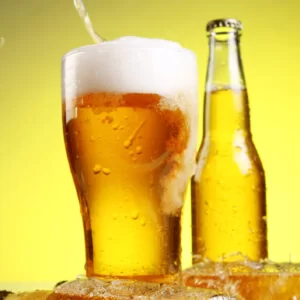
DOBRÉ PIVO
neutral -É ending
Another example can be shown at nový (new) adjective.

NOVÝ SEŠIT
masculine -Ý ending

NOVÁ TUŽKA
feminine -Á ending
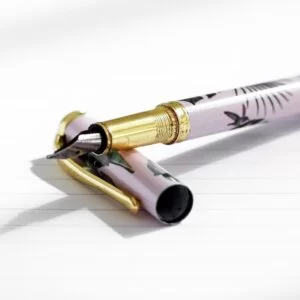
NOVÉ PERO
neutral -É ending
You will always learn new adjectives in the masculine form which is accepted as the basic form. Any dictionary as well as Czech Time will always state new adjectives with the -ý ending.
Basic Adjectives
There are some common adjectives to work with.

good

bad

big
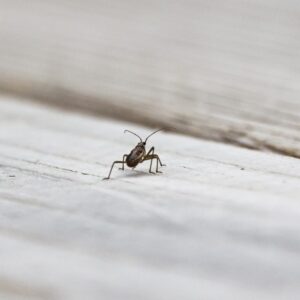
small

tall / high
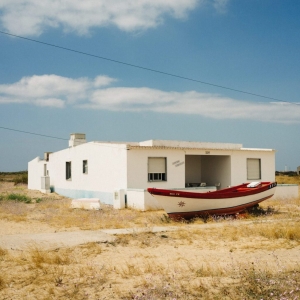
low

long

short
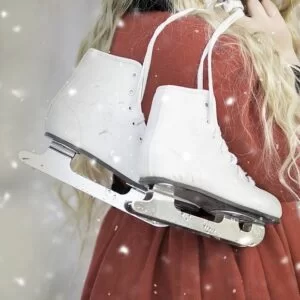
new
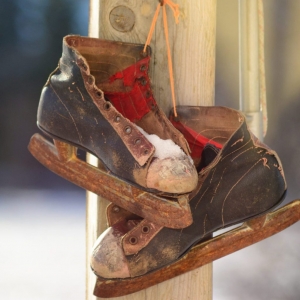
old

young

old

fast / quick
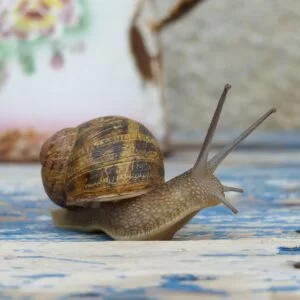
slow
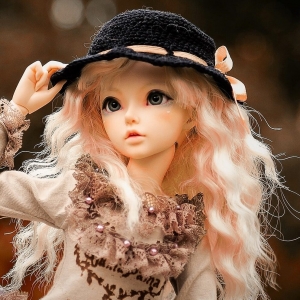
good-looking
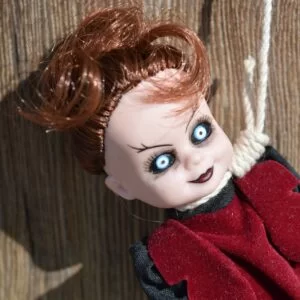
ugly
Adjectives ending in -í
There are also adjectives ending in long i (referred to as -í). These are usually borrowed words from other languages, especially English, but can also be originally Czech.

intelligent

modern

sports

work (adj.)
-í ending adjectives are usually popular with students since the ending always stays the same no matter the gender of the noun. Look at the example with different words below:

MODERNÍ MOBIL
masculine
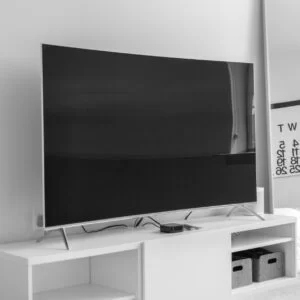
MODERNÍ TELEVIZE
feminine

MODERNÍ MĚSTO
neutral
Forming adjectives
In English, many adjectives can be formed from nouns, just like the word work (work schedule, work computer). However, it never works this way in the Czech language. The original noun is práce (f) and since all adjectives unconditionally have to end in a long vowel, the word has to be changed into the altered form pracovní. There is not a unified rule on how to form adjectives and all such words have to be learnt individually.
Gender words with adjectives
You can combine adjectives with gender words you learned in Lesson 1. The gender word (ten, ta, to) will always go first, followed by an adjective of your choice. Unlike English, you only use ten, ta, to when referring to something specific, usually something you can point at with your finger. You will learn more about this in the future.
- Ten hezký pes (the pretty dog)
- Ten starý slovník (the old dictionary)
- Ta dobrá kobliha (the good doughnut)
- Ta velká postel (the big bed)
- To rychlé kolo (the fast bicycle)
- To dlouhé pravítko (the long ruler)
- Ten striktní učitel (the strict teacher)
- To zahradní centrum (the garden centre)
Please remember that this whole lesson deals only with singular forms of adjectives. You will learn plurals later.
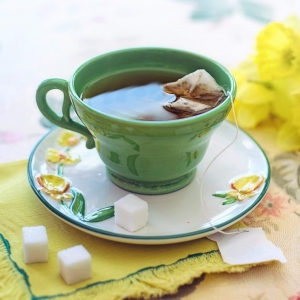

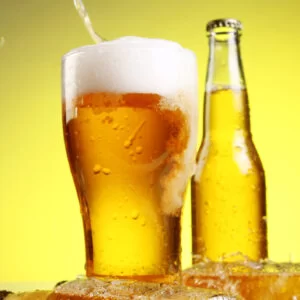

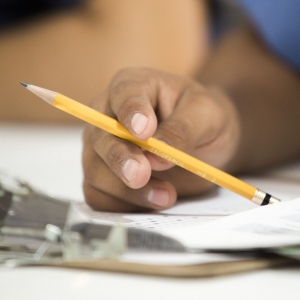
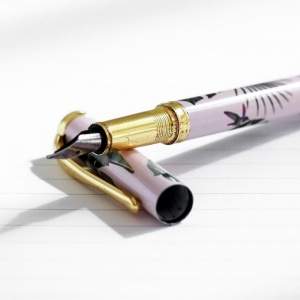



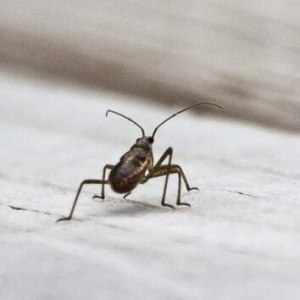





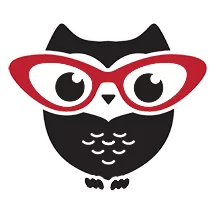






1. Moderní Televize 2. Pomalá holka 3. Hezká miminka 4. Inteligentní Manžel 5. Velký vlak 6. Pracovní počitačšla 7. Šladká… Read more »
Rychlé auto, hezká rostlina, vysoký muž, nízká žena, malé zvíře, velký nos, dobrý… Read more »
1 ta krátká sukně 2 ten vysoký můž 3 to staré auto 4… Read more »
Ten vysoký muž, Ten mladý pes, Ten škaredý strom, Ten dlouhý vlasy, Ten… Read more »
ten velký dům, ta dlouhá ulice, to nádherné město, veselé dítě. nový talíř,… Read more »
Nové auto, dlouhá ulice, vysoký muž, stará žena, rychlé zvíře, velké okno, pevný… Read more »
pomelé auto, sportovní bota, vysoká budova, starý muž, hezká divká, velký slon, dobra… Read more »
otevírací doba, zavírací doba, pracovní doba, čestné rajče, prázdný hrnek, to pomalé staré… Read more »
Ta sportovní bota, ten zelený dům, ten malý talíř, ta pohledná žena, ten… Read more »
ten starý mobil, ta horká čokoláda, to pomalé auto, ten nový stůl, ta… Read more »
ta škaredá budova, ten kratký úvod, ta stará laboratoř, ta stará městká čtvrt’,… Read more »
Ten špatný pes; ten nizký stolek; ta dlouhá silníce; ten dobrý chleba; ten… Read more »
Rychlý pták, velká ryba, nové auto, zajímavá kniha, zuřivý učitel, hodná teta, pomalé… Read more »
ta mladá kočka,ten starý chleba, ten hezký muž, ta inteligentní žena, to rychlé… Read more »
Ta dobrá káva, ten nový obraz, ta malá váza, ten dlouhý věšak, to… Read more »
Ten velký stůl, ta dobra učitelka, to staré nádraží, ten moderní dům, ta… Read more »
Ten hezký muž To rychlé kolo Ta nová bota Ten starý stůl Ta… Read more »
Ta malá kočka To pomalé auto Ta sportovni bota Ta valká postel To… Read more »
Ta hezká kocka Ten velký dum Ta dlouhá kniha To starý mesto To… Read more »
Ten dobrý muž, ten velký kolega, to hezké dítě, ta dlouhá kniha, ta… Read more »
Ta hezká kočka, ten hezký kluk, ten malý dům, ten nový počitač, ta… Read more »
Ta dobrá restaurace, ta hezká kočka, to inteligentní dítě, ta velká bota, ten… Read more »
vysoká hora, špatný děn, velké zvíře, malý dům, staré město, rychlý vlak, mladá… Read more »
sportovní bota, inteligentní učitel, velký sešit, malá kniha, velké pivo, rychlý vlak, pomalé… Read more »
dobrý čaj, velký dům, dobrá káva, dobré pivo, velká kočka, malý dům, ryhlá… Read more »
ta stará bota, to moderní kino, ten hezký večer, to hstorické město, to… Read more »
to rychlé auto, ten vysoký strom, ta heská kočka, to velké mésto, ten… Read more »
ta perfektní přiležitost, to děsivé setkání, ten obrovský medvěd, ta malá hora, ten… Read more »
Ten starý dům, Ten velký pes, Ten škaredý strom, Ten vysoky můž, Ten… Read more »
Lesson 2. Create 15 collocations using adjectives( form phrases in singular). To hezké… Read more »
Ta vysoká slečna To nízké křeslo Ten dlouhý závěs Ten krátký šaty To… Read more »
To velké kolo Ten hezký chleba To mladé dítě Ta dobrá kobliha Ten… Read more »
to staré pero to ruchlé auto ten sportoví balon ten nízký kluk ta… Read more »
Ta mlada zena, ten starý penzista, Ta intelligentni učitelka, Ta škaredna čarodéjnice, ta… Read more »
ten dobrý muž, ta špatná noc, to velké město, ta dlouhá pohovka, to… Read more »
1. To sportovní auto 2. Ten dobrý student 3. Ten dlouhý vlasy 4. Ten starý soused 5. Ta… Read more »
ta hezká holka, to lehké kolo, ta modrá tužka, ten starý muž, to… Read more »
ten velký dum, to červené rajče, ta malá cočka, ten starý pes, ta… Read more »
ten rychlý vlak ta pomalá kráva ta škaredá ryba ten hezký králík ta… Read more »
Ten velký postel To moderní tríčko Ten hezký muž Ta malá kočka Ten… Read more »
ta zajímavá lampa ten dřevěný hroch ta mávající kočka ten kožený obrázek ten… Read more »
Ta škaredá kočka. Ta chutná pizza. Ten smutný příběh. Ten ztvrdlý chleba. To… Read more »
Ten starý mobil Ten nový strom Te malé vejce Ta moderní kava To… Read more »
ta dobrá káva ta velká peněženka ten hezký rám to dlouhé pravítko ten… Read more »